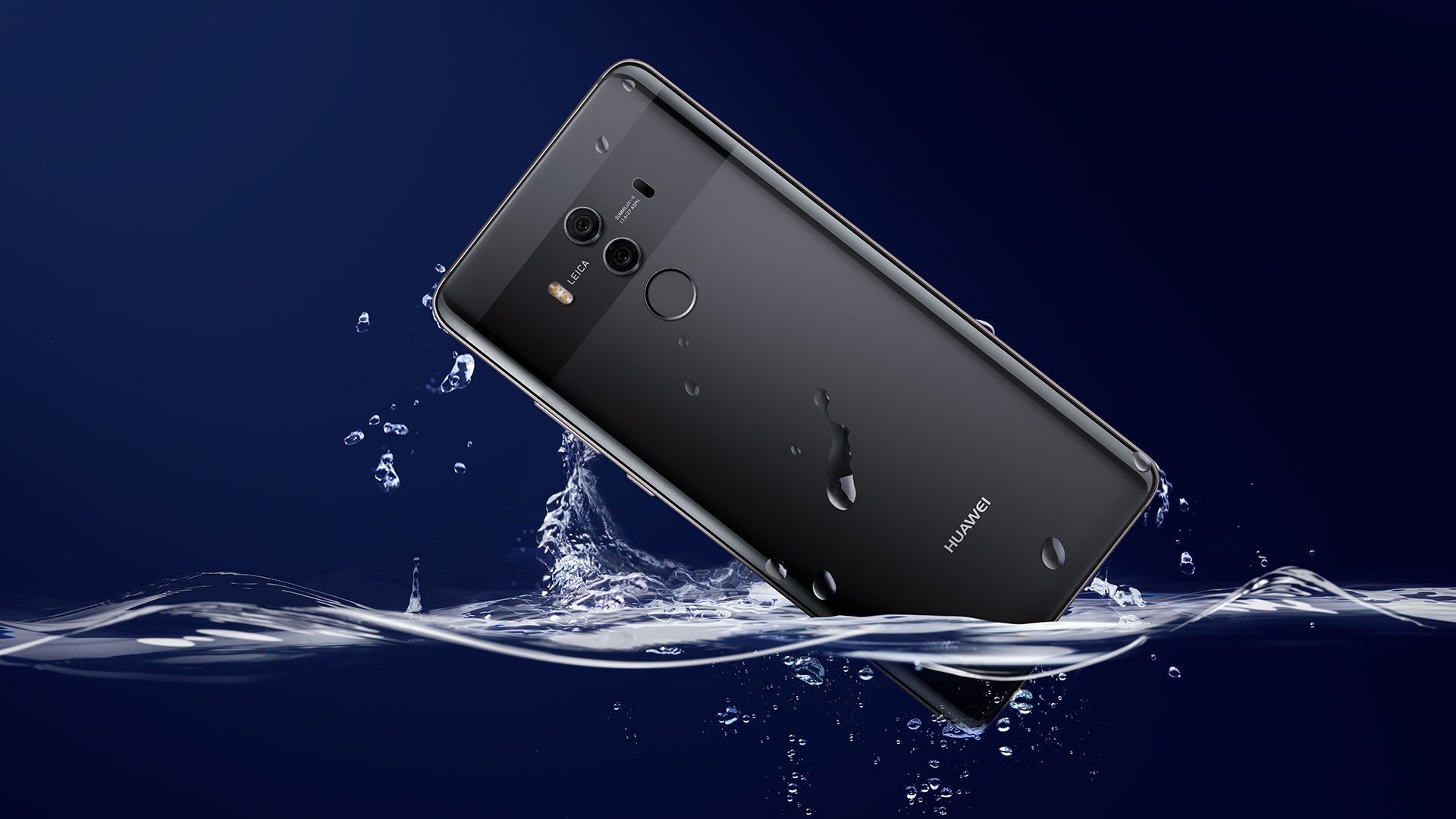Huawei and ZTE reject US consumer 'security threat' claims from CIA and FBI
Huawei and ZTE tell US consumers each is safe

Update: ZTE has also responded to the security threat claims and provided TechRadar with a statement that you can read below.
A spokesperson for ZTE USA said, "ZTE is proud of the innovation and security of our products in the US market. As a publicly traded company, we are committed to adhering to all applicable laws and regulations of the United States, work with carriers to pass strict testing protocols, and adhere to the highest business standards.
"Our mobile phones and other devices incorporate US-made chipsets, US-made operating systems and other components. ZTE takes cybersecurity and privacy seriously and remains a trusted partner to our US suppliers, US customers and the people who use our high quality and affordable products for their communications needs.”
Original story: Huawei has responded to claims from top US intelligence agencies that it poses a potential risk, telling TechRadar it "poses no greater cyber security risk than any ICT (information and communications technology) vendor".
Recently six different directors of US agencies, including the FBI, CIA and NSA, jointly claimed Chinese phone manufacturers pose a security risk to everyday consumers.
A statement from the agencies leaders specifically called out Huawei and ZTE for posing a security risk for both US public servants and state agencies.
Those six then further recommended private citizens don't use those products when US alternatives are available.
Get daily insight, inspiration and deals in your inbox
Sign up for breaking news, reviews, opinion, top tech deals, and more.
FBI Director Chris Wray said, "We're deeply concerned about the risks of allowing any company or entity that is beholden to foreign governments that don't share our values to gain positions of power inside our telecommunications networks.
"That provides the capacity to exert pressure or control over our telecommunications infrastructure. It provides the capacity to maliciously modify or steal information. And it provides the capacity to conduct undetected espionage."
While the claims limited to the US, Huawei will be keen to assuage any fears over the security of its handsets as it seeks to penetrate markets globally - any warnings from top US intelligence agencies are likely to send shockwaves to the rest of the world.
What are the risks?
Huawei's full statement in response to the issue reads, "Huawei is aware of a range of U.S. government activities seemingly aimed at inhibiting Huawei's business in the U.S. market.
"Huawei is trusted by governments and customers in 170 countries worldwide and poses no greater cybersecurity risk than any ICT vendor, sharing as we do common global supply chains and production capabilities. We are committed to openness and transparency in everything we do.
"Ultimately, Huawei will continue to develop its global business through a significant commitment to innovation and R&D and to delivering technology that helps our customers succeed in all markets that value the innovation and value it delivers.”
Huawei initially tried to enter the US market with an AT&T partnership earlier this year which was called off at the last minute, but the company said it would continue its entry into the country by other means.
Whether that's still the company's intention is currently unclear.
Via CNBC
James is the Editor-in-Chief at Android Police. Previously, he was Senior Phones Editor for TechRadar, and he has covered smartphones and the mobile space for the best part of a decade bringing you news on all the big announcements from top manufacturers making mobile phones and other portable gadgets. James is often testing out and reviewing the latest and greatest mobile phones, smartwatches, tablets, virtual reality headsets, fitness trackers and more. He once fell over.
